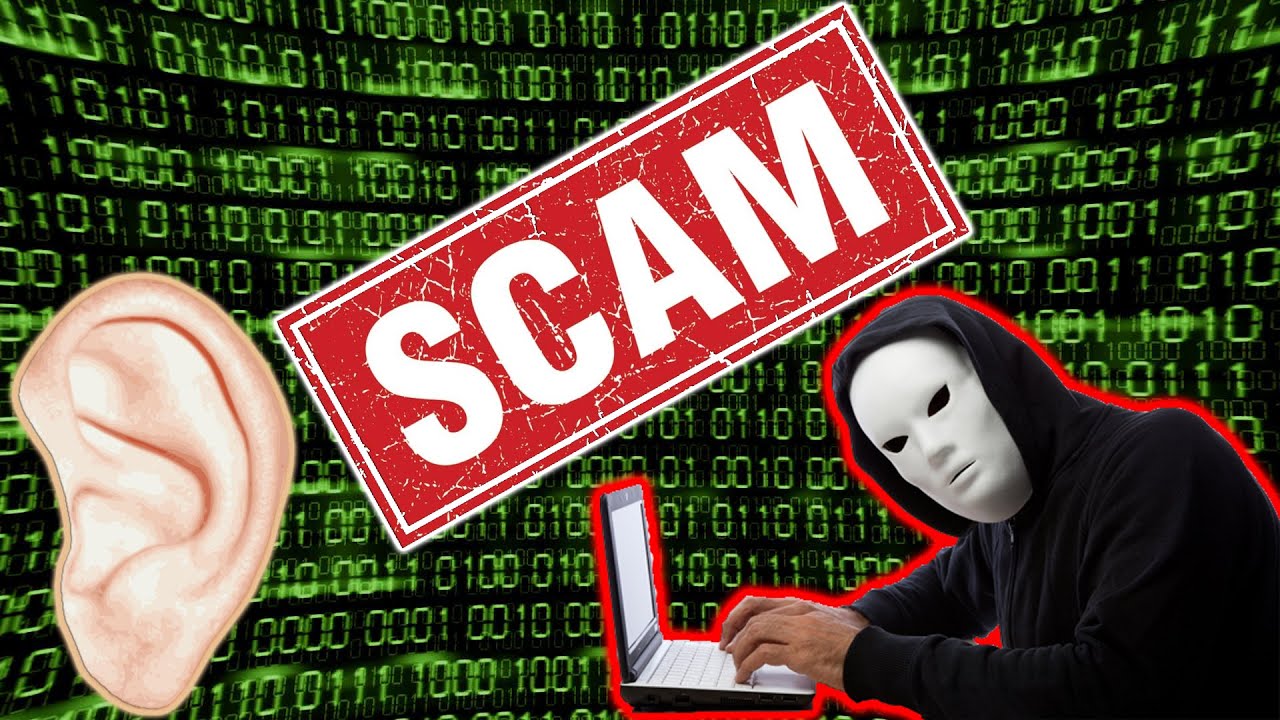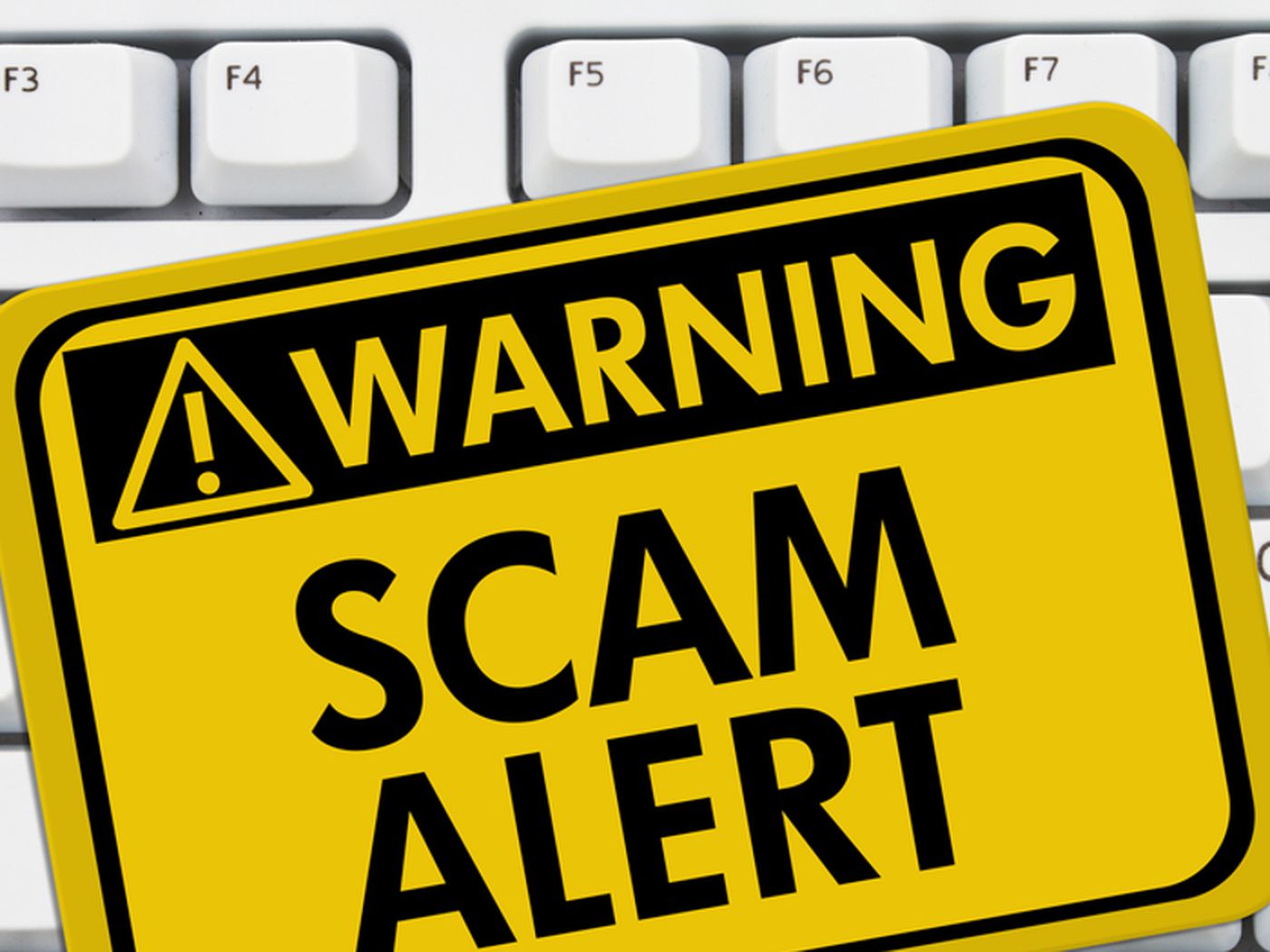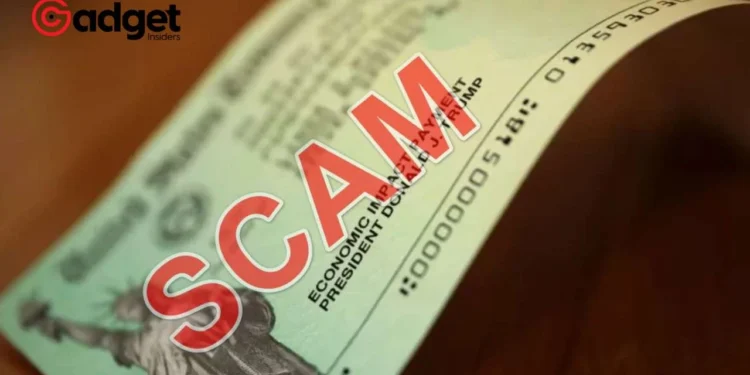In a world where information spreads at the speed of light, distinguishing between fact and fiction has never been more crucial, especially when it comes to financial opportunities. Recently, the internet has been abuzz with talks of a $1,400 American Health Stimulus check or subsidy, purportedly offered by the government. But is this an opportunity to seize or a scam to avoid? Let’s dive into the details and separate reality from illusion.

The Anatomy of a Scam: $1,400 Subsidy Health Stimulus
The Mirage of Government Assistance
The concept of a $1,400 American Health Stimulus check has been circulating online, primarily through social media ads and videos. This narrative suggests that the government is offering financial aid for groceries, rent, and fuel.
However, upon closer examination, it becomes evident that this is a sophisticated scam designed to exploit the public’s trust in government assistance programs.
The Exploitation of Public Trust
At the heart of this Health Stimulus scam is the manipulation of a familiar concept: government-issued stimulus checks. During the COVID-19 pandemic, Americans received several rounds of stimulus checks to alleviate economic strain. These were legitimate payments aimed at providing short-term financial relief.
The scammers behind the $1,400 Subsidy of Health Stimulus are leveraging this history to lend credibility to their fraudulent scheme, despite the federal government not offering any such ongoing stimulus checks or subsidies.

Scammers’ Tactics: Impersonation and False Promises
A Web of Deceit
The Health Stimulus scam primarily spreads through sponsored ads featuring celebrities and alleged beneficiaries, YouTube videos, and Google search ads. These platforms allow scammers to reach a broad audience with minimal investment, increasing the scam’s potential impact.
The advertisements often mimic official government communications to trick individuals into revealing personal and banking information.
Health Stimulus Scam: The Illusion of Celebrity Endorsements
One of the more insidious aspects of this scam is the use of politician’s and celebrities’ images to create a veneer of legitimacy. By posing as figures of authority or influence, scammers can more easily convince unsuspecting individuals to engage with their fraudulent offers.
This tactic preys on the trust and recognition these public figures command.
Has anyone stopped to wonder why and how the $6000 "health stimulus"
SCAM commercial is before every youtube video and a pop-up on every site you visit? It's a #SCAM YouTube need to be investigated.— 🔄6️⃣0️⃣👨🏾🏭🫂🥷🏾👷🏾♂️⚖ (@StreetGatsby) January 19, 2024
Navigating the Minefield: How to Protect Yourself
Vigilance and Awareness: Your Best Defense
The key to avoiding scams like the $1,400 Subsidy Health Stimulus is to stay informed and skeptical of offers that seem too good to be true. Government agencies do not contact individuals via social media, email, or text messages to offer financial assistance or request personal information.
Being aware of this can help you identify and avoid potential scams.
Reporting and Prevention: Taking Action
If you encounter what appears to be a stimulus check scam, there are several steps you can take to protect yourself and others:
– Report IRS impersonation schemes to the Treasury Inspector General for Tax Administration.
– Use call-blocking apps to identify and block potential scam calls.
– Report phone scams to the federal government via the FTC Complaint Assistant.
Health Stimulus Scam: A Call to Caution
As enticing as the prospect of a $1,400 American Health Stimulus check may be, it is a mirage concocted by scammers looking to exploit individuals during uncertain times. By staying informed, vigilant, and ready to report suspicious activity, you can protect yourself from falling victim to such schemes.
Remember, when it comes to offers of free money, especially from supposed government programs, it’s essential to tread carefully and verify the information through official channels.










